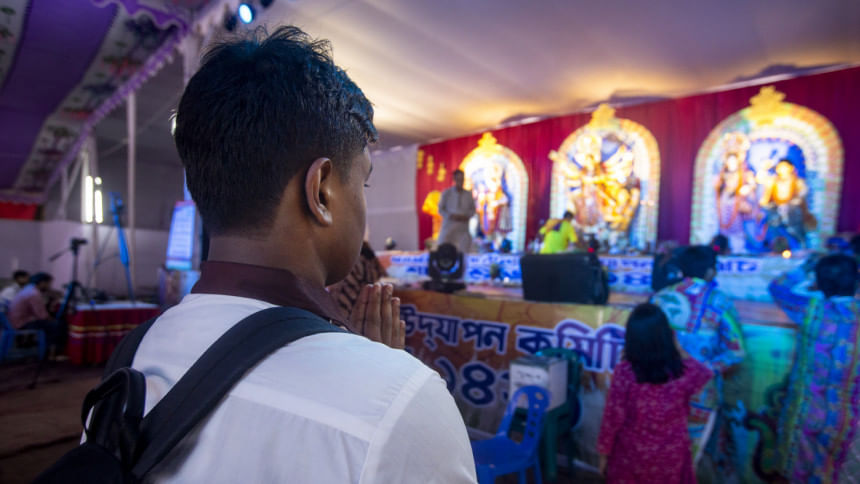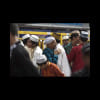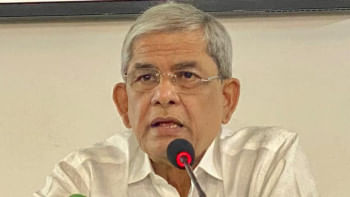Educational institutions need to be more considerate of all religious festivities

Religious festivities are an important part of most peoples' lives, not only from a spiritual perspective but also from the perspective of how these festivities bring people together with their loved ones. Even in such a day and age, it seems as though the institutions and universities of our country are not considerate when it comes to religious sentiments, more so towards those of non-Muslim students.
While most major religious festivals are declared government holidays, the amount of time given to celebrate these are often inadequate. Eid, Christmas, Buddha Purnima, and Durga Puja are major events where people often want to spend time with their loved ones or visit their hometowns. Even though Muslims do get comparatively longer holidays for Eid, many universities conduct classes as far as two days prior to major holidays. This often makes it difficult for students, faculties, and other university employees who are away from home and want to visit their families for the holiday.
Recently, students from some universities had to protest for online classes right before Eid. This was an obvious workaround that university authorities should have considered from the get-go, rather than needing students to address the issue.
The neglect is more apparent with followers of religions outside the majority.
Despite being the biggest and most important festive period for Christians, most institutions provide only a single off day for Christmas. Exams are also often conducted around that time, further preventing Christian students from properly celebrating the holiday. For other occasions like Easter, they are not even given any days off and are compelled to request their faculties for leave.
The case is not different for Durga Puja either. Despite being a ten-day long celebration, Hindu students are given at most one or two days off, that too near the end of the festive period. The time allotted is nowhere near sufficient for them to visit their families and celebrate the festivities. Certain institutions allegedly do not provide the last day off as well, displaying insensitivity towards religious sentiments. As is the case with Christians in regards to Easter, there are many other pujas and celebrations for Hindus where they are not given any holidays. Buddhists and people of indigenous communities also share similar experiences.
Now, it is understandable that universities have a syllabus which they must conclude under a certain timeframe, and giving time off for each holiday might derail their plans. This is especially difficult for universities which follow trimester systems. Furthermore, the institutions try to adhere to only government-allocated holidays and do not wish to extend beyond them.
However, there must always exist some room for adjustment, especially when it comes to something as significant as faith and religious practices.
As mentioned before, conducting online classes during Ramadan on the days leading up to Eid is a simple solution which allows them to finish the syllabus while also enabling students to prepare for the celebrations. As for believers of other religions, it is clear that they deserve more than just a day's vacation for their major religious events. Secularism is one of the fundamental principles of this country. Sufficient time must be given to these students so that they can practice their faiths. For now, we can only hope to see more institutions being more considerate towards everyone irrespective of their faith.
Sabil spends most of his time trying to stay as hopeful as possible. You can contact him at [email protected]

 For all latest news, follow The Daily Star's Google News channel.
For all latest news, follow The Daily Star's Google News channel. 










Comments